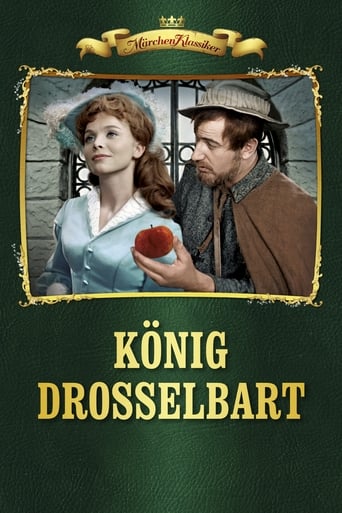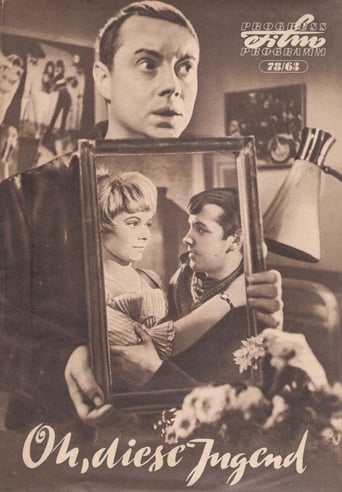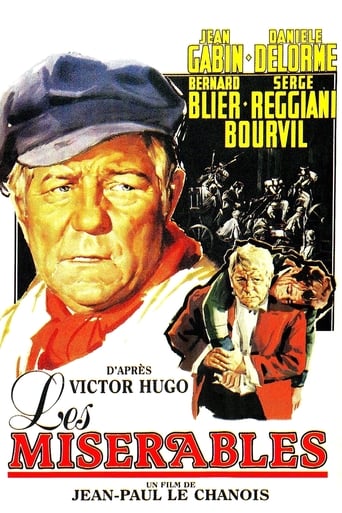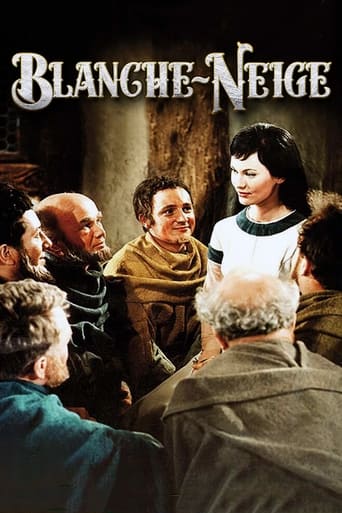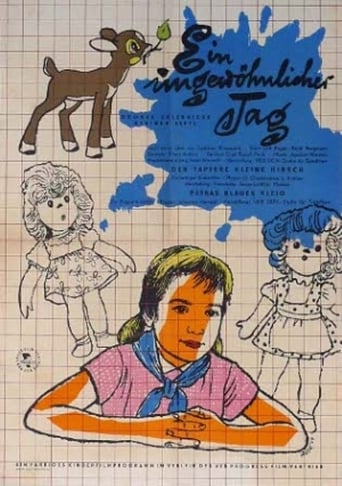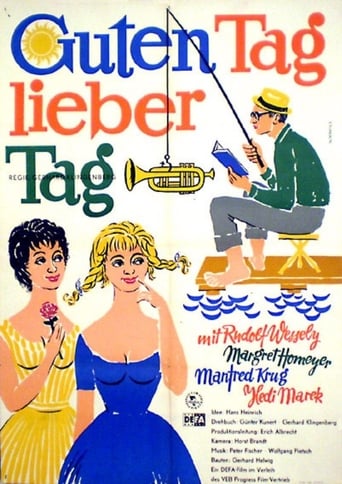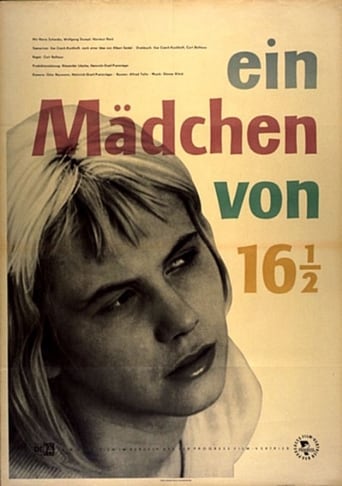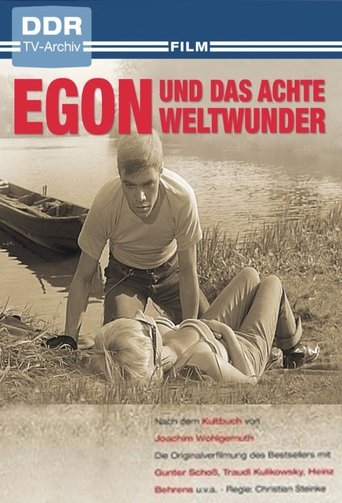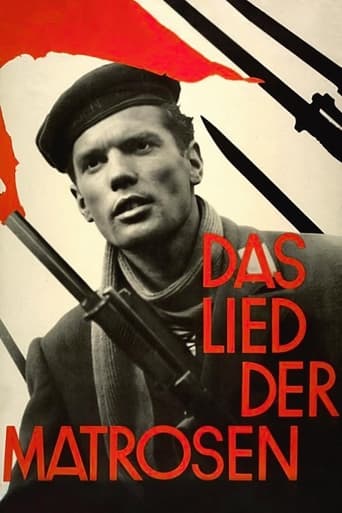1958 210 min 100 vues
Jean Valjean, un paysan condamné à cinq ans de travaux forcés pour avoir volé un pain, sort du bagne de Toulon en 1815 après y avoir passé dix-neuf ans, sa peine initiale ayant été prolongée de 14 ans pour ses multiples tentatives d'évasion. À Digne, en raison de ce mandat encombrant et dissuasif, il ne trouve refuge pour la nuit nulle part sauf dans la demeure de Monseigneur Bienvenu Myriel, un évêque charitable qui lui offre un nouveau départ. Repenti, sous une autre identité, Jean Valjean va faire fortune en inventant un procédé révolutionnaire en verroterie et va œuvrer pour le bien au détriment de son propre bonheur. Mais ses ambitions humanistes sont réprimées par des hommes de lois comme Javert père et fils ou des malfrats comme Thénardier, vil aubergiste de Montfermeil. En 1848, dans un Paris qui gronde sous la menace de l’insurrection, Jean Valjean doit lutter pour rester un honnête homme.
